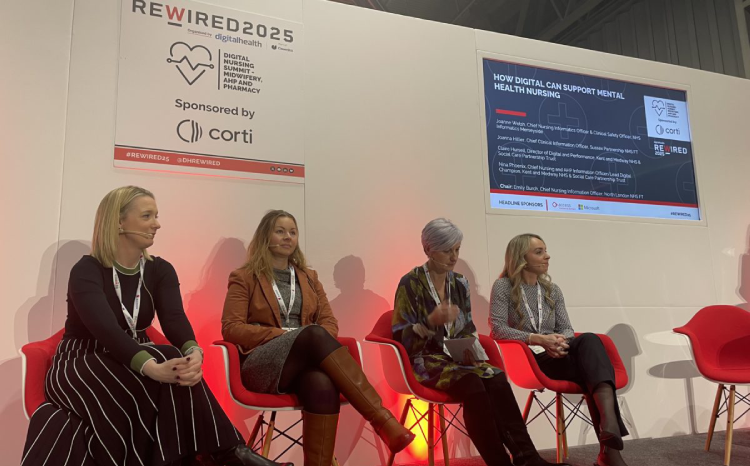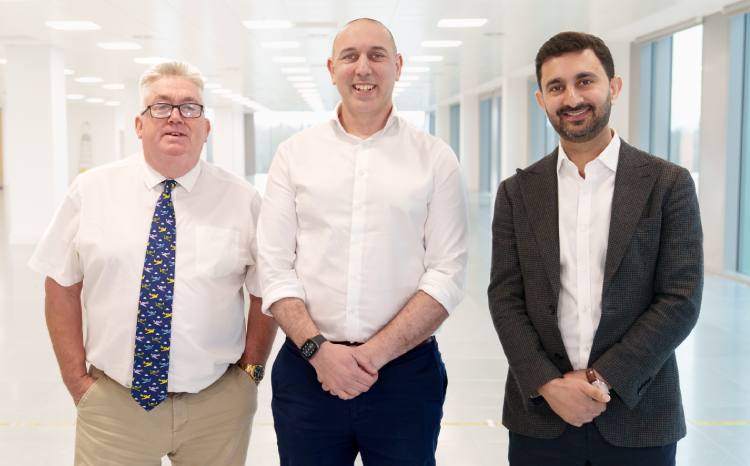Joe’s view: of rating EPR suppliers
- 23 May 2012

My first column compared services that allow patients to rate the healthcare they have received.
I allocated stars to the various services in what I admit was a fairly crude way of representing their relative merits (not least because they were awarded in a somewhat arbitrary way, with a large dollop of personal preference).
The column generated a fair amount of debate and that debate was generally good natured. Even better, the providers of feedback services covered themselves in glory by responding positively to criticism.
Patient Opinion, NHS Choices, and iwantgreatcare all offered to up their game in a variety of different ways. So could the same approach drive improvement in electronic patient record systems? Or would I merely generate a law suit from system providers?
Comparing stuff
After 2,000 years of “caveat emptor” – or buyer beware – ’Which?’ magazine was brought to into being in 1957. It launched on the cusp of the revolutionary atmosphere of the 1960s, when attitudes to accepting what you are given and deference to authority were on the wane.
‘Which?’ was the first of an avalanche of magazines that occupied a significant percentage of newsagents’ shelves throughout the eighties, nineties and early noughties. Now, although review titles still exist, many – including ‘Which?’ itself – have moved online.
Methods of comparing stuff
Traditionally, comparison magazines have three ways of comparing products. Let’s take cars as an example:
The test drive by an expert: Jeremy Clarkson is obliged to spend a week driving around in the world’s cheapest car, after which he delivers a coruscating critique of the unfortunate vehicle. He cannot tell lies, but he can express his opinion that the car is a “steaming pile of pooh.”
While this is not good news for the manufacturer, it is still the cheapest car in the world and will find a market because the market is mature and quality is generally proportional to cost. Is this true for the EPR market?
The check against standardised criteria: The car is scored on speed, fuel efficiency, comfort and so on and so forth, and an overall score reached. This allows different cars to be compared on both quality and price. Hence the ‘car of the year’ can be identified. Is this true for the EPR market?
Survey of car owners: The aim here is to find out the end users’ satisfaction with their vehicles. Typically, in the past, this would be an annual, postal exercise – but, increasingly, customers can rate any product online and legitimacy is lent to the output by the sheer weight of numbers.
Car manufactures seem to cope with this level of mass feedback without frequent resort to legal action and, indeed, may use the feedback to improve product. Is this true for the EPR market?
We have a problem…
If you’ve answered no to the three questions above (and I think you probably will have done) then we have a significant problem. What can we do? Well, there are two approaches that are usually applied to markets where customers are at risk of exploitation.
Where there is a perceived monopoly, or the potential for price fixing, a regulatory approach is favoured (although in the recent past the government might have looked at nationalisation).
In the US, the government has chosen an interesting model of regulation for healthcare IT, with the establishment of the Commission for Certification of Health linformation Technology.
CCHIT is funded by system suppliers, which have to pay a substantial fee in order to go through an assessment process and obtain a certificate to state that their product is fit for purpose.
Fees on the supply side: could this model be applied to NHS IT? It seems unlikely in the current political climate. If so, we must fall back on market forces to protect us.
End user knowledge networks
Casting around for inspiration as to how to better inform the EPR customer, I happened across The Uptime Institute, the International Data Centre Authority, and founder Pitt Turner, who agreed to a transatlantic phone call so I could pick his brains.
Pitt established the Uptime Institute to enable data centre companies to share experiences and knowledge; even though many of its members are rivals in business.
When I asked Pitt what had been the most important thing in making his data centre managers network fly he said: “You need to get the guys together who’ve been there when the lights went out – and you need to meet up and learn to trust each other.”
On the back of his advice about ‘end user knowledge networks’, I helped establish the National Mental Health Informatics Network.
The idea is to make mental health trusts into better informed customers, and the network has certainly helped many to get a better idea of what systems are really like; and how they compare to their sales pitch.
Challenge
While an end user knowledge network offers EPR customers some protection, such networks are not easy to set up. They require time, money and leadership which, in my case, previously came from NHS Connecting for Health.
They also hold knowledge that might be better, and better used, if it was made public on the ‘Which?’ model.
So below are the star ratings for EPR system suppliers. You will notice there is no table, no EPR suppliers, and no stars. That’s because I am afraid to review any products for fear of litigation; although that may be undue concern on my part.
I propose a test comprising the three elements detailed above. Test drive, structured user survey, and end user review (TripAdvisor-syle).
Is there a supplier out there willing to take the Joe’s view / EHI / www.comparethesoftware.co.uk test? And if we get any takers, would you buy an EPR from a supplier who wouldn’t?
About the author: Joe McDonald is a practising NHS consultant psychiatrist. Over the past five years he has been an NHS trust medical director and national clinical lead for IT at NHS Connecting for Health – a stint that included 18 months as medical director of the Lorenzo delivery team!
His experiences in the National Programme for IT in the NHS have left him with a passion for usability and "end user knowledge networks.” He is the founding chairman of the National Mental Health Informatics Network. Motto: we don’t get fooled again. Follow him on twitter @CompareSoftware




